Population Health – The Unfinished Journey Podcast With David Kindig: Episode 1, “Once Upon a Time”
IAPHS StaffIn nine podcasts, David Kindig MD, PhD, a population health thought leader, is interviewed by Sanne Magnan MD, PhD about his 50-year population health scholarly and policy journey, including many stories, anecdotes and takeaways. In our corresponding blog posts, we highlight some of the key moments and take-aways as a reminder for you to tune into previous and future podcasts.
In the first episode of Fifty Years Pursuing Population Health with David Kindig: The Unfinished Journey, David Kindig discusses his personal path to becoming an innovator and leader in the field of population health. He begins by discussing his medical training and experiences in 1960’s Chicago, including how an encounter with a Chair of Pediatrics changed his career trajectory. He talks about the role of primary care and community health education and the path to his residency in a predecessor to a Federally Qualified Health Center in Social Medicine in the Bronx, NY, and explains his subsequent work in medical management prior to his career in higher education.
Dr. Kindig also takes us through his career path to discuss the changing role of health care financing over time. Using the history of payment models, he highlights the important role of financial incentives, the link between payment models and social determinants investments, and the need for capitalist creativity in the move beyond fee-for-service reimbursement. He discusses the importance of reimbursement models such as bundled payments, suggesting that “offering financial incentives for health outcomes instead of simply health care or services” can move the field of population health forward.
Join Drs. Kindig and Magnan as their conversation explores how personal experiences beyond the clinic can expand the growing field of population health.
Click Here to Listen to Episode 1
Highlights
- The role of the community outside of the clinic in determining health
- Challenges of medical education in addressing social determinants of health
- Financial incentives as a catalyst for change.
References:
- Kindig DA. 1992. The Health Care System Should Produce Health. On Wisconsin September/October. p.25.
- Evans RG, Stoddart GL. 1990. Producing Health, Consuming Health Care. Social Science & Medicine 31(12):1347-1363.

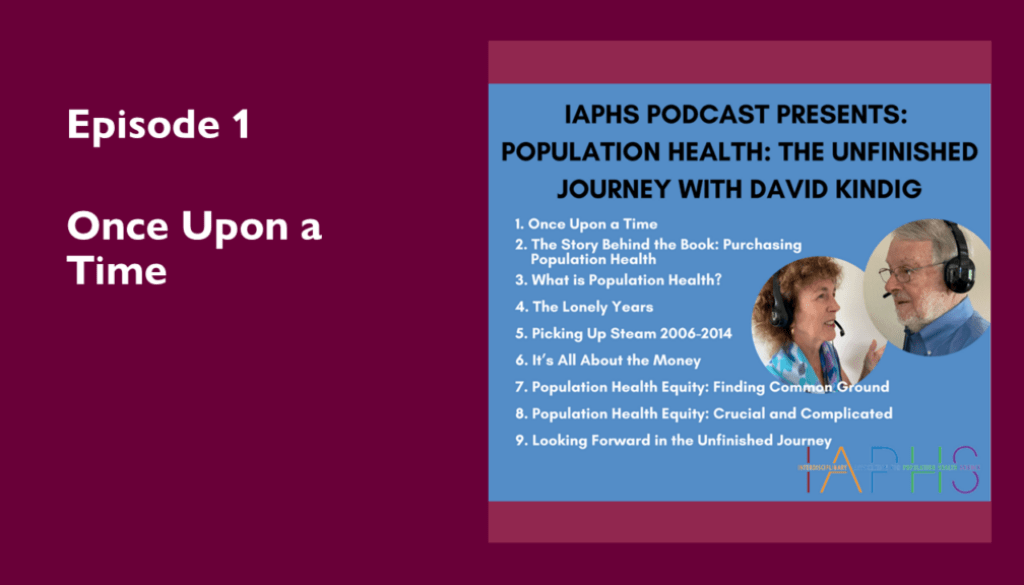
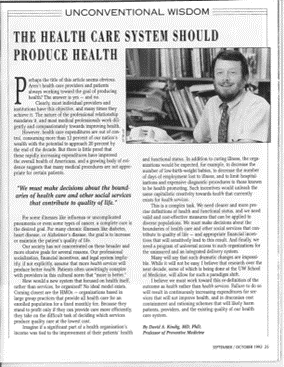
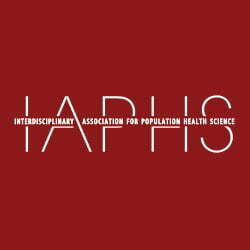
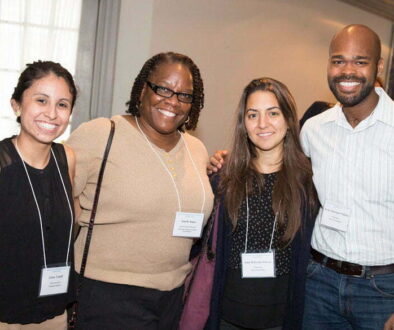
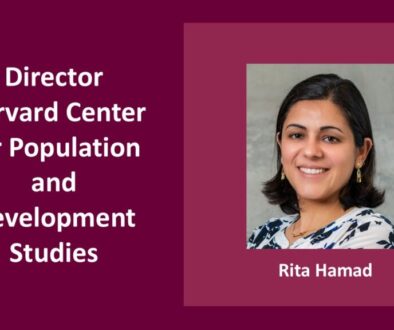

All comments will be reviewed and posted if substantive and of general interest to IAPHS readers.